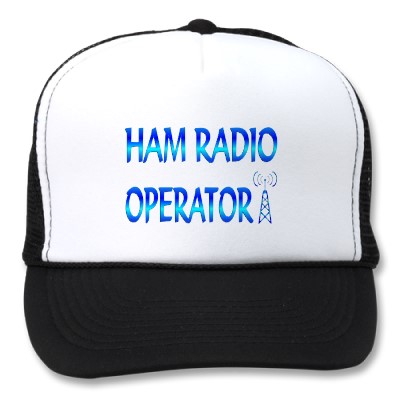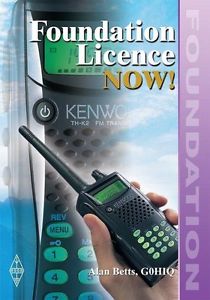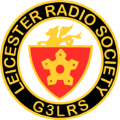 The Foundation license is the your gateway to the exciting hobby that is Amateur Radio. If you wish to become a 'ham' then you must successfully complete the Foundation examination and practical assessments. You will then be eligible to apply to OFCOM for a callsign. This is currently of the form M6XXX. You can choose what letters you want for the XXX part unless that callsign has already been taken.
The Foundation license is the your gateway to the exciting hobby that is Amateur Radio. If you wish to become a 'ham' then you must successfully complete the Foundation examination and practical assessments. You will then be eligible to apply to OFCOM for a callsign. This is currently of the form M6XXX. You can choose what letters you want for the XXX part unless that callsign has already been taken.
The Leicester Radio Society Foundation course can usually be completed in 6 weeks and your instructors will discuss with you when they think that you are ready to take the exam. This will need to be booked with the RSGB at least 10 days in advance.
We would recommend that all candidates purchase the Foundation License Now! book which is available online from the RSGB or various other book sellers.
If you are ready to 'take the plunge' and join this exciting hobby, please contact our Training Team who will let you know when the next courses are being held and how to join.
We operate the foundation course in accordance with the latest RCF syllabus.
Once complete, candidates will demonstrate their ability to:
- Know the nature of amateur radio is for self-training in radio and is strictly non-commercial.
- Know the three types of Amateur License, be able to identify the format of Amateur Call signs and know all relevant license terms and conditions.
- They will be able to identify units of measurement and multiple/sub-multiple prefixes and have a knowledge of simple circuit theory together with frequencies used in power, audio and radio systems.
- Be able to identify simple block diagrams of transmitters/receivers together with their basic technical requirements.
- Know the feeder requirements for antennas and be able to identify different types of antenna and uses of dummy loads and the effect of SWR together with tuning a basic dipole antenna for lowest SWR.
- Have a basic knowledge of radio propogation and height of the ionosphere.
- Know what EMC (electromagnetic compatibility) is, how to design a station to minimize EMC and filtering techniques. Also be aware of the social issues of interference.
- Know basic operating procedure both with and without repeaters, how to read a band plan and practical assessements in connecting a transmitter/receiver and making a radio contact.
- How to operate safely and possible sources of danger, safe use of headphones and actions to be taken and avoided in the event of an accident and general station layout and tidyness.
- Practical assessment in sending and receiving morse code.
The course will be operated at a pace which is comfortable for the candidates and prior to the examination, each candidate will have the opportunity to suggest items that they are uncomfortable with for further discussion.






